Thalassemia And What You Can Do
Thalassemia is an inherited blood disorder. It is caused when the body doesn’t make enough of a protein called hemoglobin. Hemoglobin is an important part of red blood cells. When there isn’t enough hemoglobin, the body’s red blood cells don’t function properly. They also last shorter periods of time. So there are fewer healthy red blood cells traveling in the bloodstream.
Red blood cells carry oxygen to all the cells of the body. Oxygen is a sort of food that cells use to function. When there are not enough healthy red blood cells, there is also not enough oxygen. This doesn’t get delivered to all the other cells of the body. Which means that it may cause a person to feel tired, weak or short of breath. This is a condition called anemia. People with this condiditon may have mild or severe anemia. Severe anemia can damage organs and lead to death.
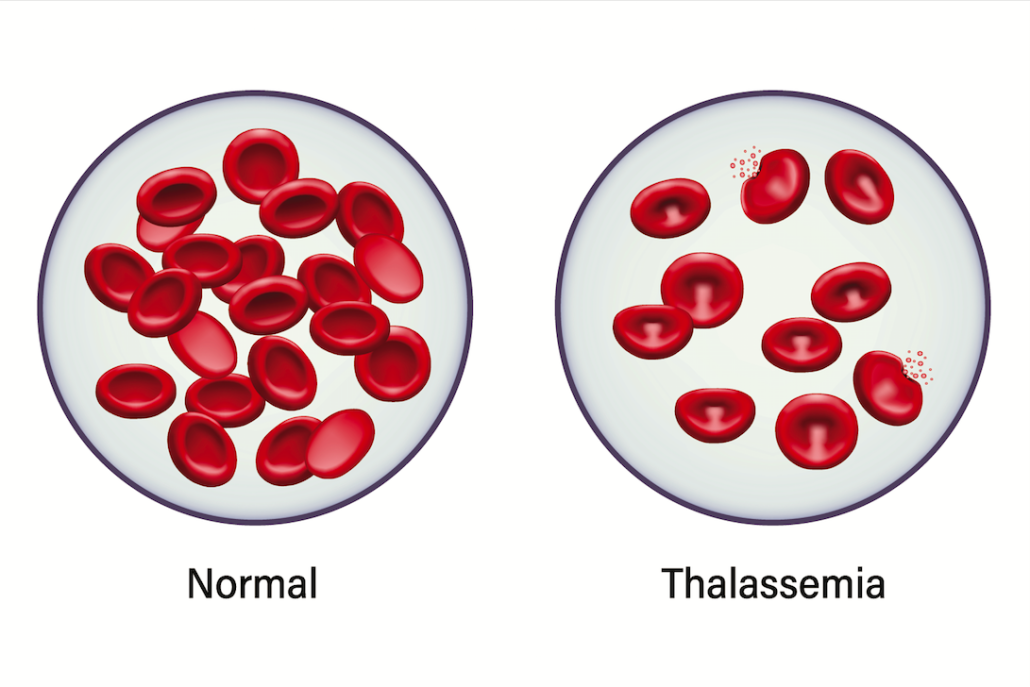
Treatment:
If you have mild thalassemia, you might not need treatment. But more severe forms might require regular blood transfusions. You can take steps to cope with fatigue, such as choosing a healthy diet and exercising regularly.
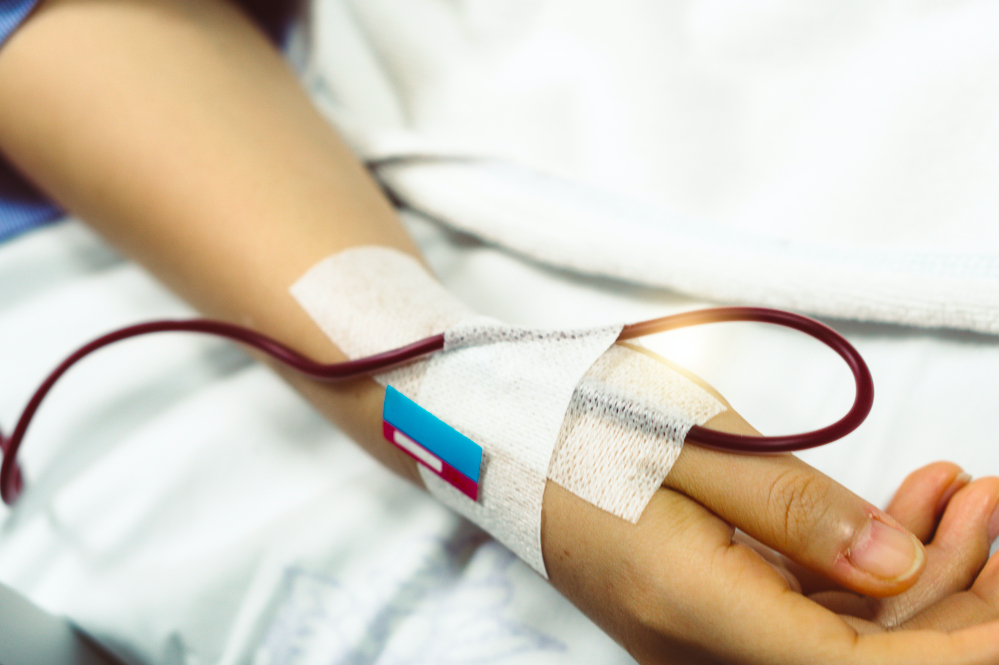
What are the different types of thalassemia?
When we talk about different “types” of thalassemia, we might be talking about one of two things: the specific part of hemoglobin that is affected (usually either “alpha” or “beta”), or the severity of thalassemia, which is noted by words like trait, carrier, intermedia, or major.
A person who has thalassemia trait may not have any symptoms at all or may have only mild anemia, while a person with the condition major may have severe symptoms and may need regular blood transfusions.
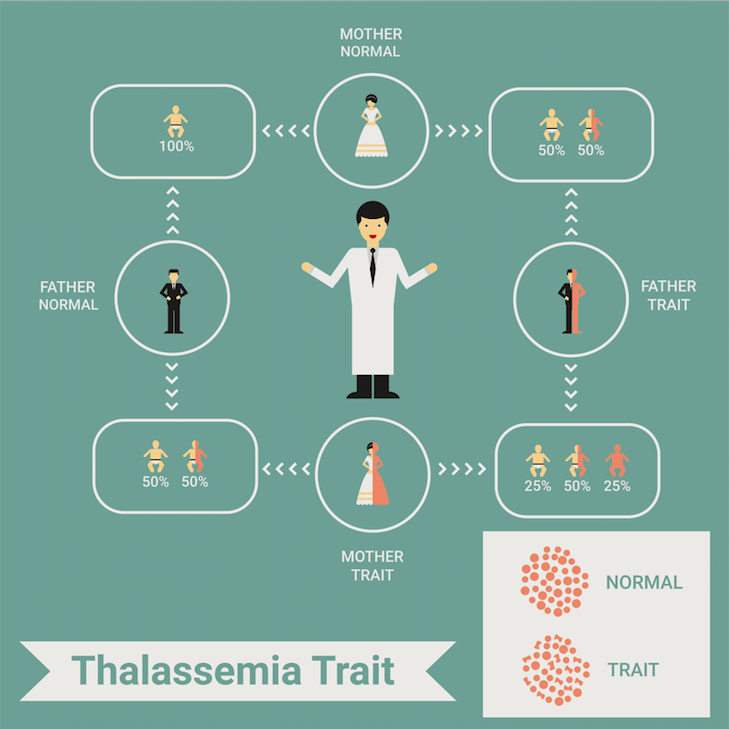
What can you do?
Go to see a doctor if there are any of the signs or symptoms indicating thalassemia.
Look for these signs and symptoms that can include:
- Fatigue
- Weakness
- Pale or yellowish skin
- Facial bone deformities
- Slow growth
- Abdominal swelling
- Dark urine
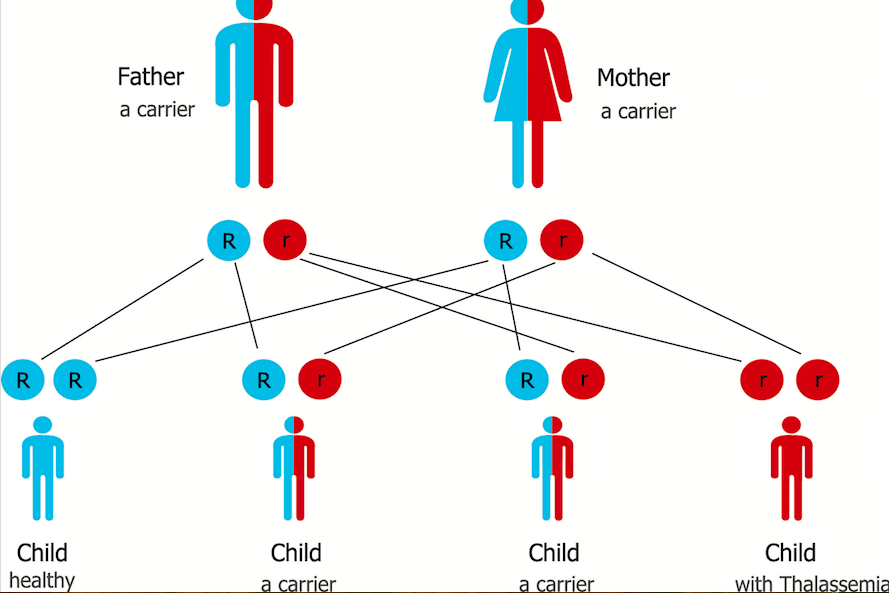
Prevention
In most cases, you can’t prevent thalassemia. If you have the condition, or if you carry a thalassemic gene, consider talking with a genetic counselor for guidance if you want to have children.
There is a form of assisted reproductive technology diagnosis, which screens an embryo in its early stages for genetic mutations combined with in vitro fertilization. This might help parents who have thalassemia or who are carriers of a defective hemoglobin gene have healthy babies.
For more information and offers, visit us at Travocure or get in touch with us at +91 7045798938.

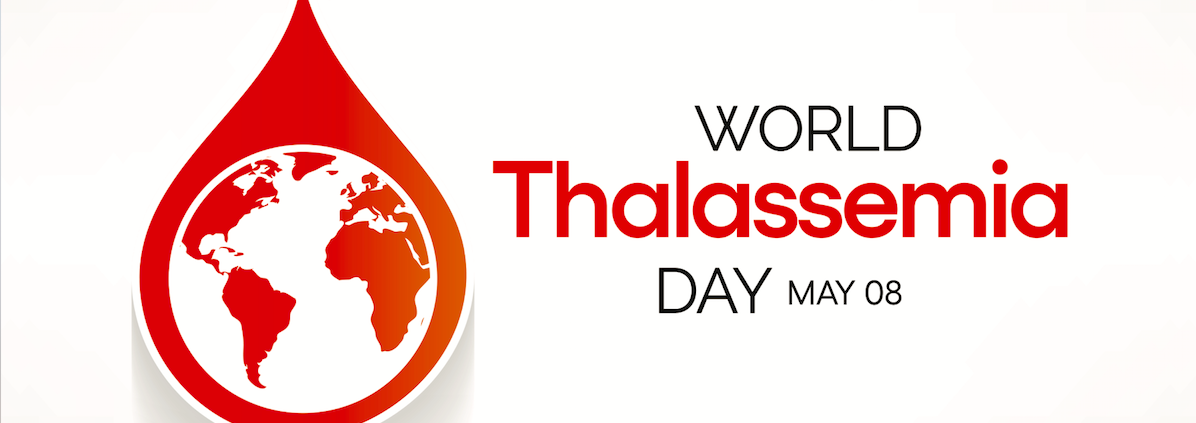
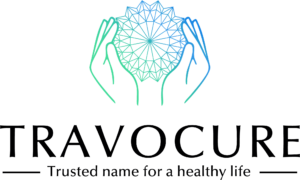
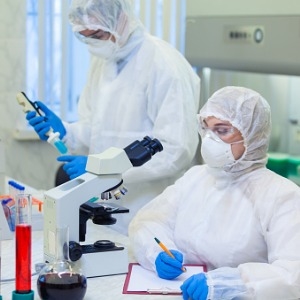
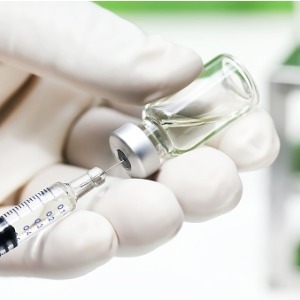

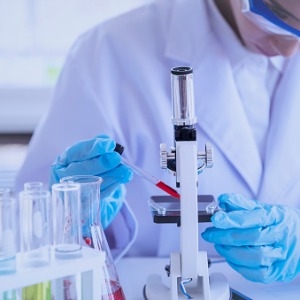
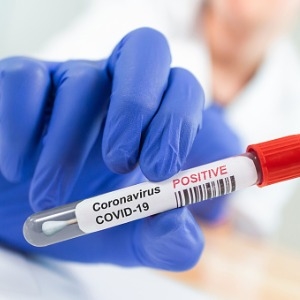








Leave a Reply
Want to join the discussion?Feel free to contribute!